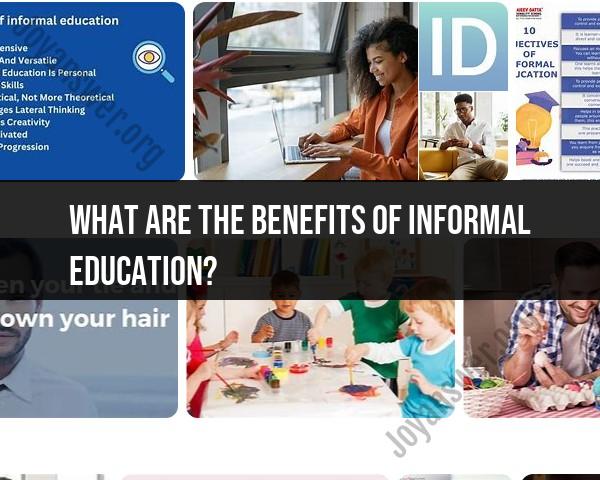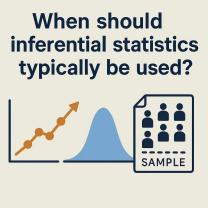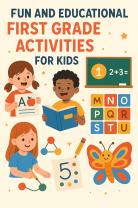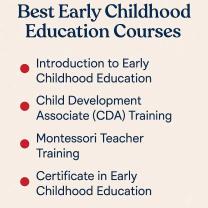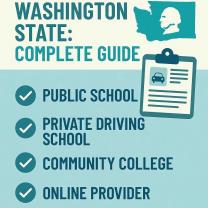What are the benefits of informal education?
Informal education offers a range of benefits, leveraging its flexible and learner-centric nature. Here are some advantages of informal education:
Flexibility: Informal education is adaptable and flexible, allowing individuals to learn at their own pace and on their own terms. This flexibility is particularly beneficial for those with varied learning styles and preferences.
Personalization: Informal learning is often tailored to individual interests and needs. This personalized approach can enhance motivation and engagement, making the learning experience more meaningful for the learner.
Real-world Relevance: Informal education often focuses on practical, real-world skills and knowledge. This relevance to everyday life can make learning more immediately applicable and valuable.
Lifelong Learning: Informal education promotes a culture of lifelong learning, emphasizing the idea that learning is a continuous process that extends beyond formal education. This mindset is crucial in a rapidly evolving world.
Cost-effectiveness: Many informal learning opportunities are low-cost or even free, making education more accessible to a broader range of individuals. This is especially important for those who may face financial barriers to formal education.
Diverse Learning Environments: Informal education occurs in various settings, including community centers, workplaces, online platforms, and everyday life situations. This diversity of environments provides a rich tapestry of learning experiences.
Promotion of Creativity: Informal education often encourages creativity and innovation. By allowing individuals to explore their interests and passions, it fosters a creative mindset and supports the development of new ideas and solutions.
Social Interaction and Networking: Informal learning often involves collaboration and social interaction. This can lead to the development of valuable social networks, providing opportunities for mentorship, peer learning, and the exchange of ideas.
Emphasis on Practical Skills: Informal education places a strong emphasis on practical skills that are immediately applicable in real-life situations. This can include problem-solving, critical thinking, communication, and other skills highly sought after in various professional and personal contexts.
Empowerment and Independence: Informal education empowers learners by giving them more control over their learning journey. This independence can boost confidence and a sense of self-efficacy.
Diversity and Inclusivity: Informal education often reaches a diverse audience, transcending traditional demographic boundaries. It can be particularly inclusive, catering to the needs and interests of people from various backgrounds and demographics.
Rapid Response to Emerging Trends: Informal education is often more agile in responding to emerging trends and new information. It can quickly incorporate the latest developments, keeping learners up-to-date in fast-paced fields.
Reduced Formal Barriers: Informal learning environments often have fewer formal barriers such as entrance exams or strict prerequisites, making education more accessible to a broader audience.
In summary, informal education provides a range of benefits that complement and, in some cases, extend beyond the advantages of formal education. Its dynamic and learner-centric nature contributes to a holistic and adaptable approach to learning.
How does informal education provide advantages or benefits compared to formal education?
Informal education offers several advantages and benefits compared to formal education:
Flexibility and Self-Directed Learning: Informal education allows for greater flexibility and self-directed learning. Individuals can choose what and how they want to learn, tailoring their learning experience to their interests and needs. This personalized approach can be more engaging and motivating than a structured curriculum.
Accessibility and Cost-Effectiveness: Informal education is often more accessible and cost-effective than formal education. It can happen anywhere, anytime, and without the financial burden of tuition fees, textbooks, and other associated costs. This accessibility makes it a viable learning option for a wider range of individuals.
Real-World Application and Practical Skills: Informal education often emphasizes real-world application and practical skills. Learning occurs through hands-on experiences, experimentation, and problem-solving, leading to the development of skills directly applicable to daily life and professional settings.
Diverse Learning Styles and Preferences: Informal education caters to a wider range of learning styles and preferences. Individuals can learn through various methods, such as observation, interaction, experimentation, and reflection, allowing them to absorb information in a way that suits their individual learning style.
Lifelong Learning and Continuous Growth: Informal education promotes lifelong learning and continuous growth. It encourages individuals to cultivate a curiosity and openness to new experiences, fostering a habit of lifelong learning that extends beyond formal education settings.
Personal Fulfillment and Intrinsic Motivation: Informal education can be a source of personal fulfillment and intrinsic motivation. Individuals learn for the joy of discovery, personal growth, and the satisfaction of mastering new skills, which can lead to greater engagement and enjoyment of the learning process.
Social Interaction and Community Engagement: Informal education fosters social interaction and community engagement. It encourages collaboration, communication, and empathy, leading to stronger social connections, a sense of belonging, and the ability to navigate social dynamics effectively.
Adaptability and Resilience: Informal education cultivates adaptability and resilience. It prepares individuals to face challenges, embrace change, and find creative solutions to problems, equipping them with the skills to thrive in an ever-changing world.
In summary, informal education offers a unique blend of flexibility, accessibility, real-world application, and personal fulfillment, making it a valuable complement to formal education. It empowers individuals to take ownership of their learning journey, develop essential skills, and cultivate a lifelong love of learning.
